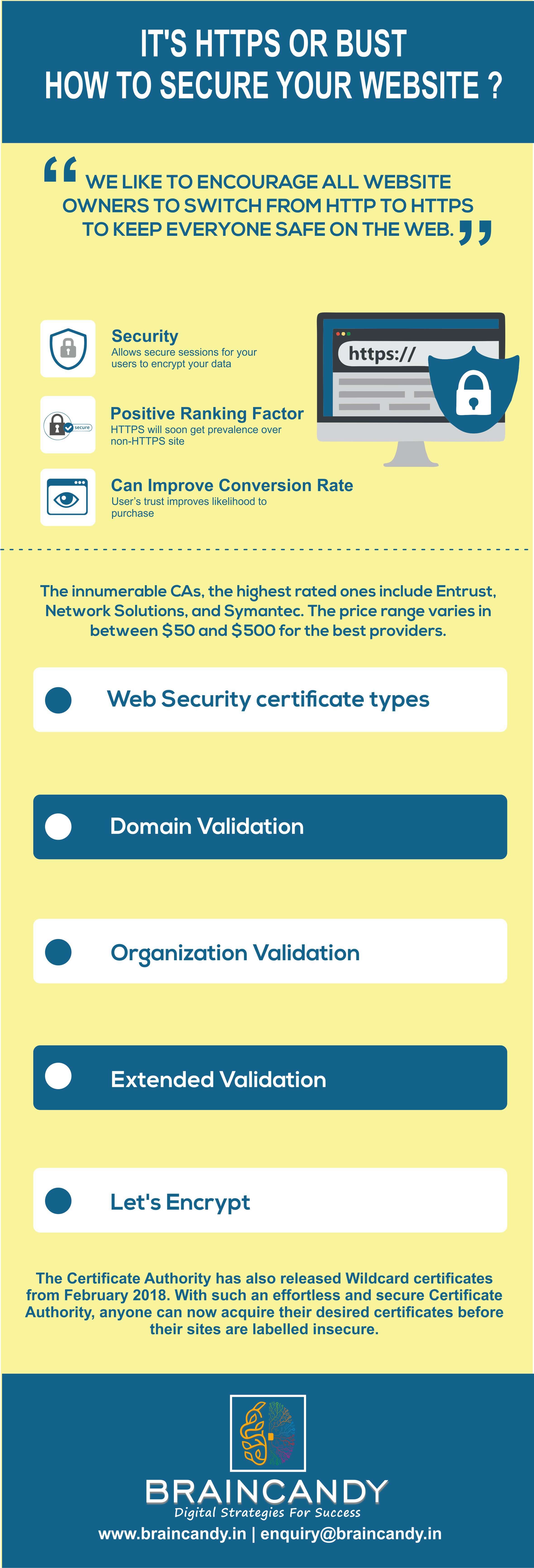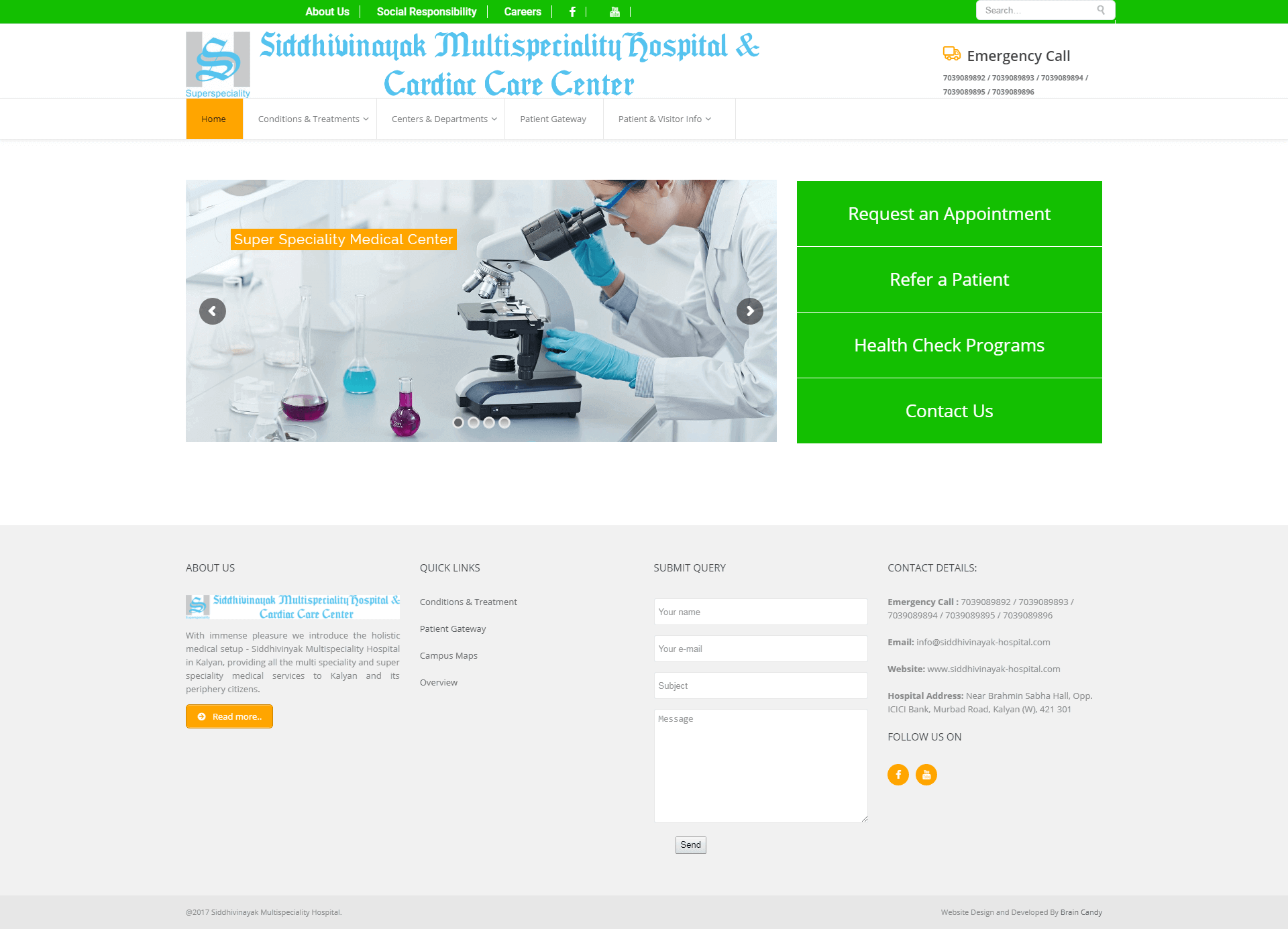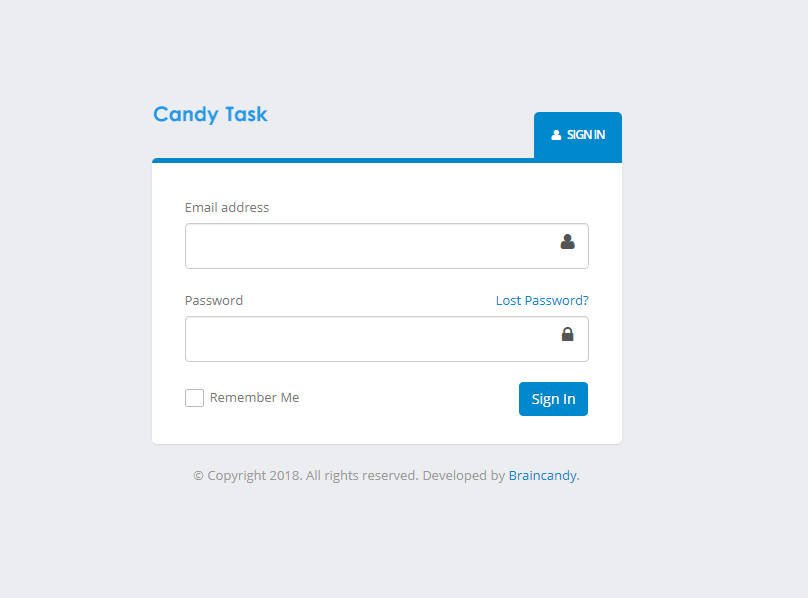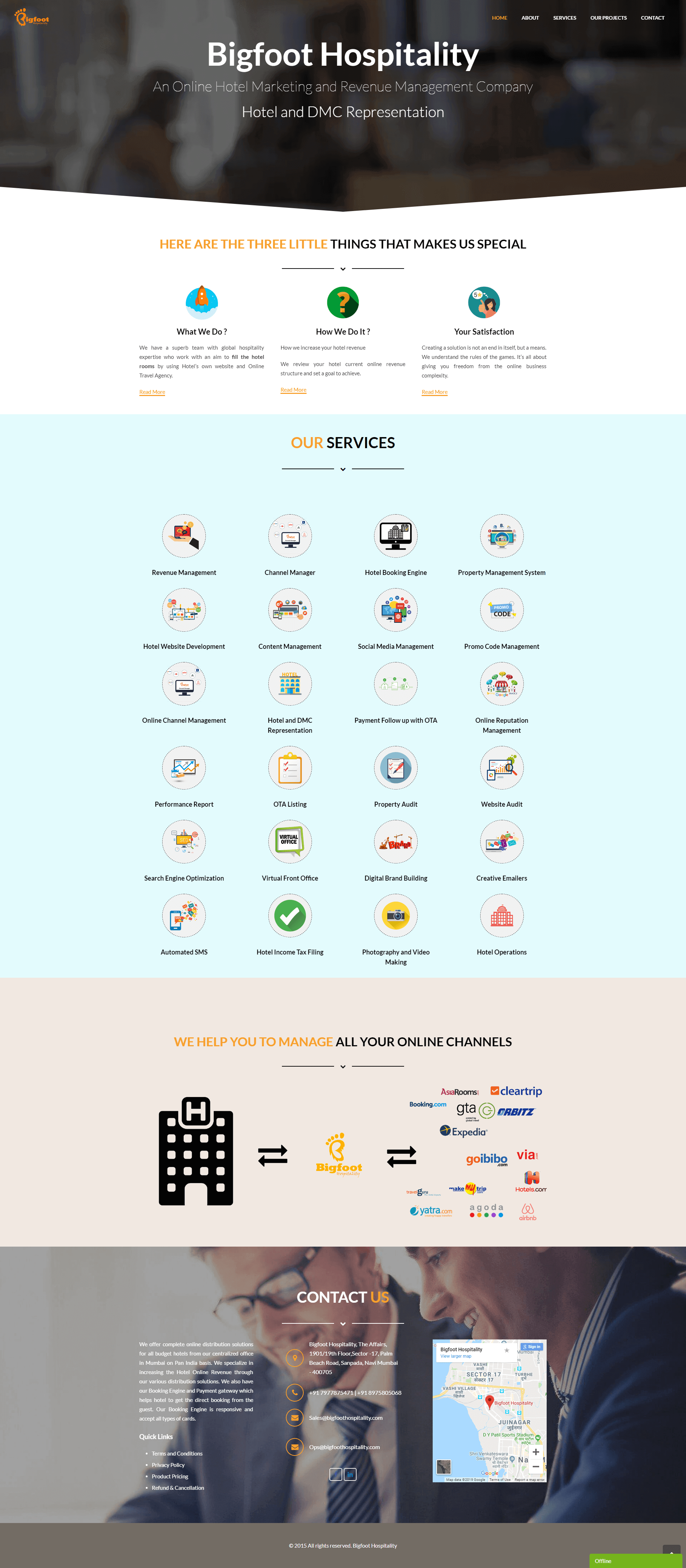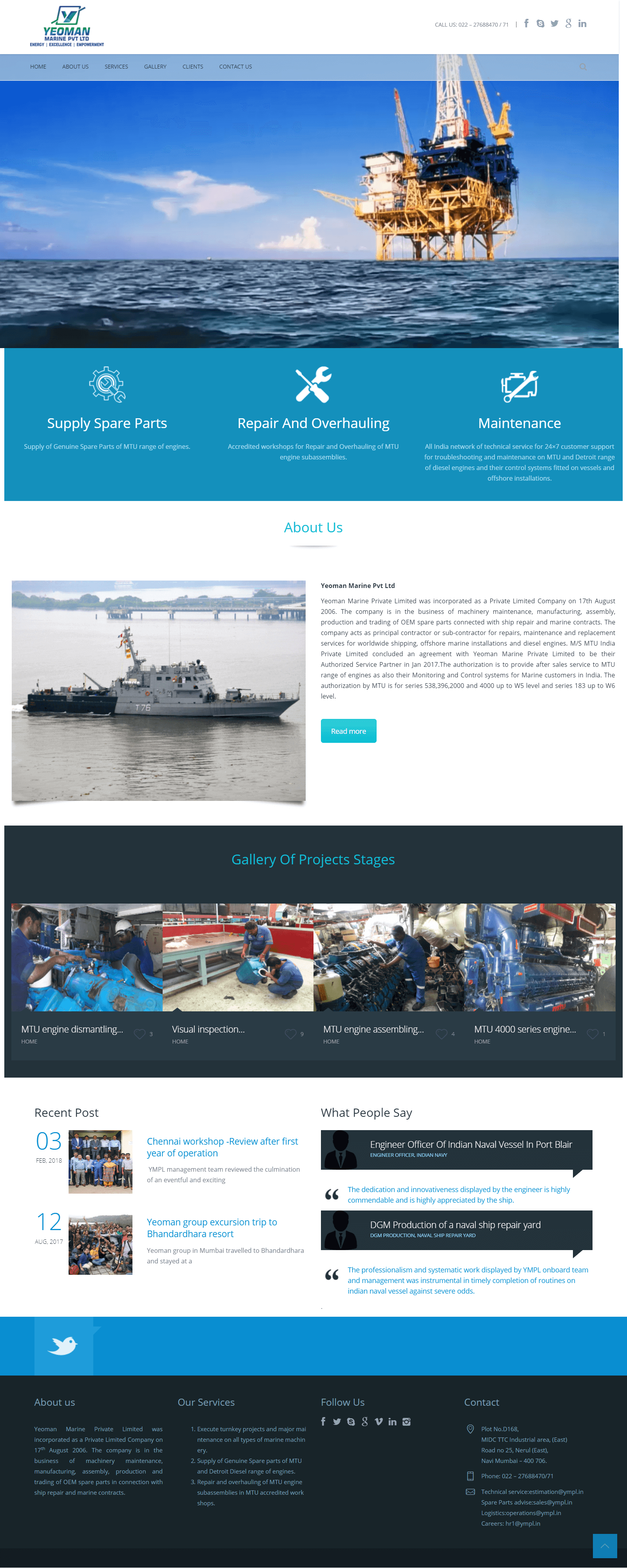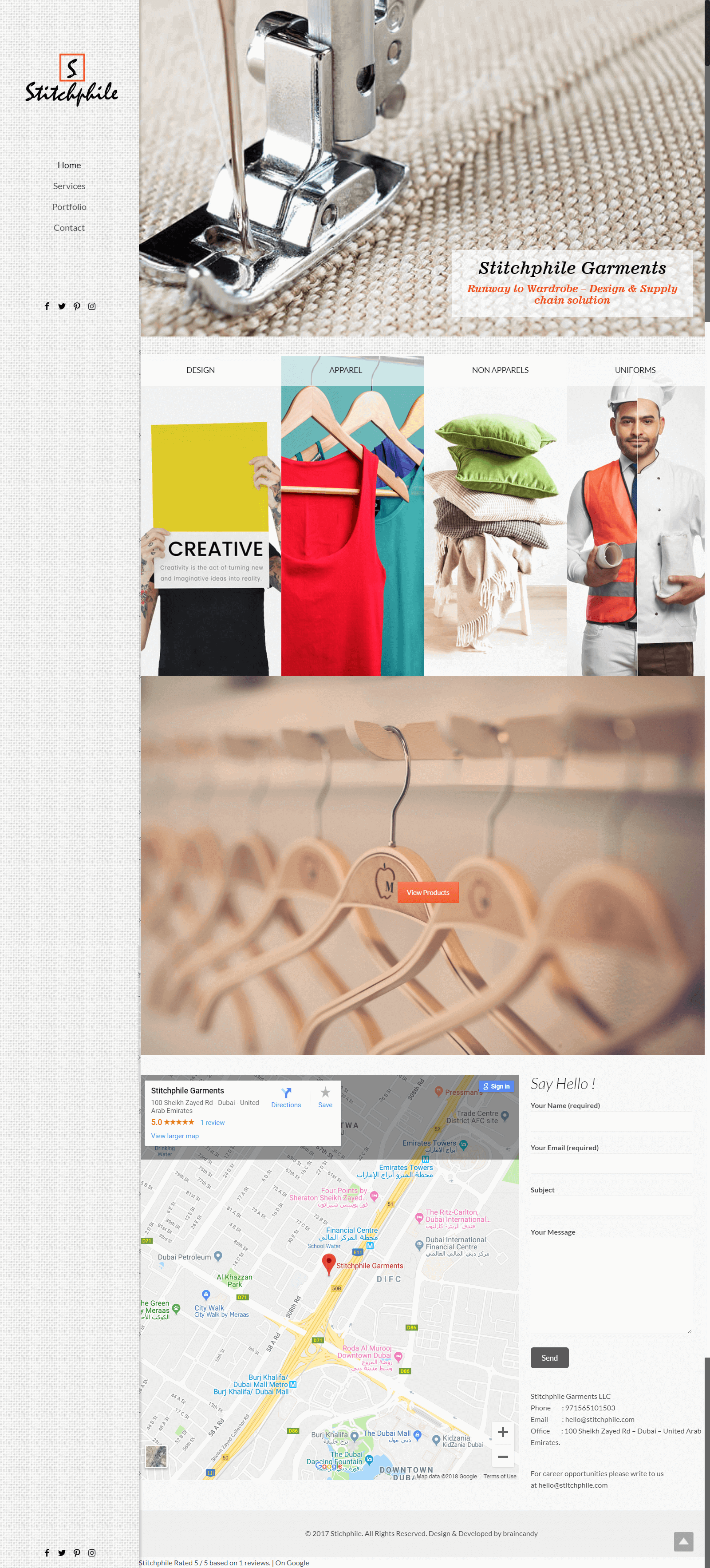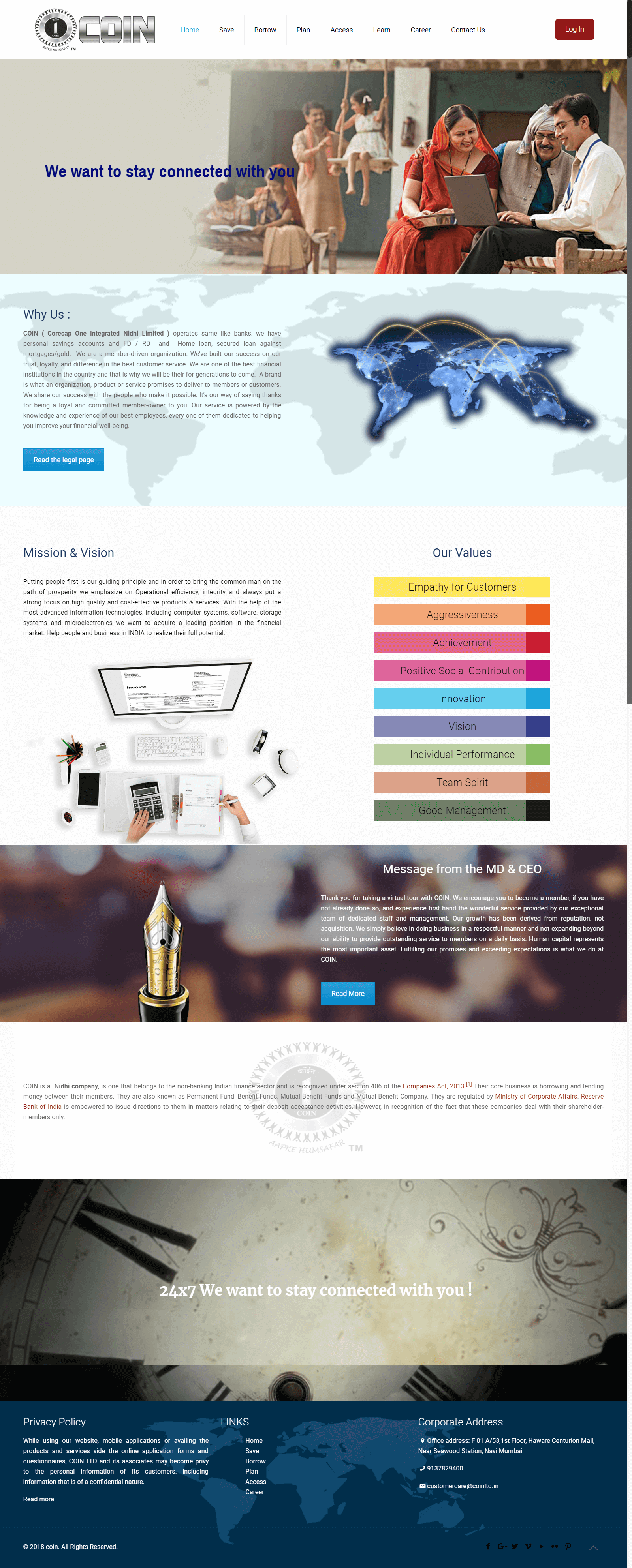- BY braincandy
- POSTED IN Website Design & Development
- WITH 0 COMMENTS
- PERMALINK
- STANDARD POST TYPE
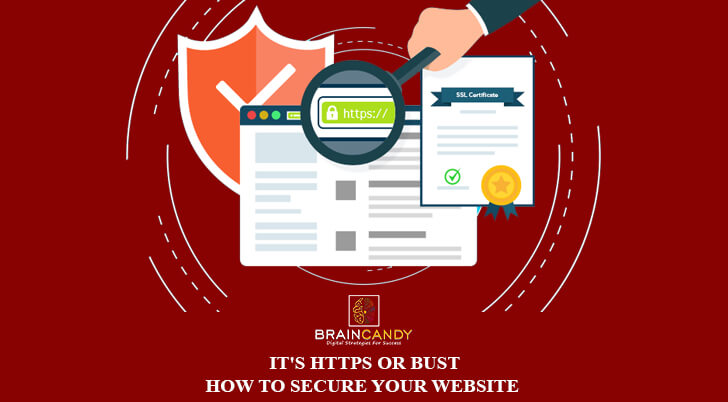

Many organizations and established companies are lingering security of their sites for a while now. They have excuses and explanations to go with it. Some claim it to be very expensive, while others say it is very inconvenient. But Google is not paying heed to these excuses currently. From July 2018, after Chrome 68 is released, all the online sites which are not secured with Secure-Socket Layer/Transport Layer Security (SSL/TLS) will be pronounced as insecure websites and indicated with a red triangle. If the websites are not protected, one can forget about the web traffic it generated earlier. It has been in the talks since 2010 when it was declared by Firesheep that the login details can easily pilfered over Wi-Fi.
In order to secure the website, a X.509 Digital Certificate must be installed. Certificate authority is a third party which assures the authenticity of an electronic Signature. Of the innumerable CAs, the highest rated ones include Entrust, Network Solutions, and Symantec. The price range varies in between $50 and $500 for the best providers. Self-signature can also be done on the certificates, but the viewers will not be sure if they are purposed to visit that particular site or not and hence are rendered futile for visitors.
Web Security certificate types
The three major types of certificates are Domain Validation (DV) SSL accreditations, Extended Validation (EV) SSL Certificates and Organization Validation (OV) SSL testimonials. The certificates vary in terms of business capability and usage of encryption. Though Domain Validation is not inevitably a personally-signed certificate, nowadays it mostly comes from a CA. Censys.io can record more than 300 million DV certificates and 63 million self-signed certificates.
Domain Validation
Some CAs like GeoTrust and RapidSSL offer Domain Validations. When the certificate is validated and authenticated by a reliable CA, the browser which connects to the website will notify if the HTTP connection has been made.
Organization Validation
Organization validation requires the owner’s details such as name, city, and country. Organization validation is the least level of certification a commercial site can acquire.
Extended Validation
The best option for a serious website is the Extended Validation SSL certificates as it validates the domain’s owner legally. It may take up to a few weeks to receive the certificates, so it is best to apply as soon as possible. Extended Validation certificates always operate in an individual domain, which means they protect only one domain, whereas wildcard certificate protects many sub-domains.
Let’s Encrypt
The most economical and trouble-free way to obtain a certificate is by using Let’s Encrypt with DV certificates, but it does not offer Organization Validation or Extended Validation certificates. It’s a free, self-regulating and open security Certificate Authority for all. Having a domain is enough to procure a certificate at free of cost with Let’s Encrypt. It is adept with improved TLS security. It is a very transparent and open approach which anyone and everyone can view. Let’s Encrypt is a collective effort to help the community by operating employing Automated Certificate Management Environment (ACME). To start using it, the operating system should be updated at first, following which it can be downloaded. Before installing Let’s Encrypt, all the instructions and services should be read well. As the certificates expire in 90 days, the user should keep a check on it so that he can renew it when required. The Certificate Authority has also released Wildcard certificates from February 2018. With such an effortless and secure Certificate Authority, anyone can now acquire their desired certificates before their sites are labelled insecure.
